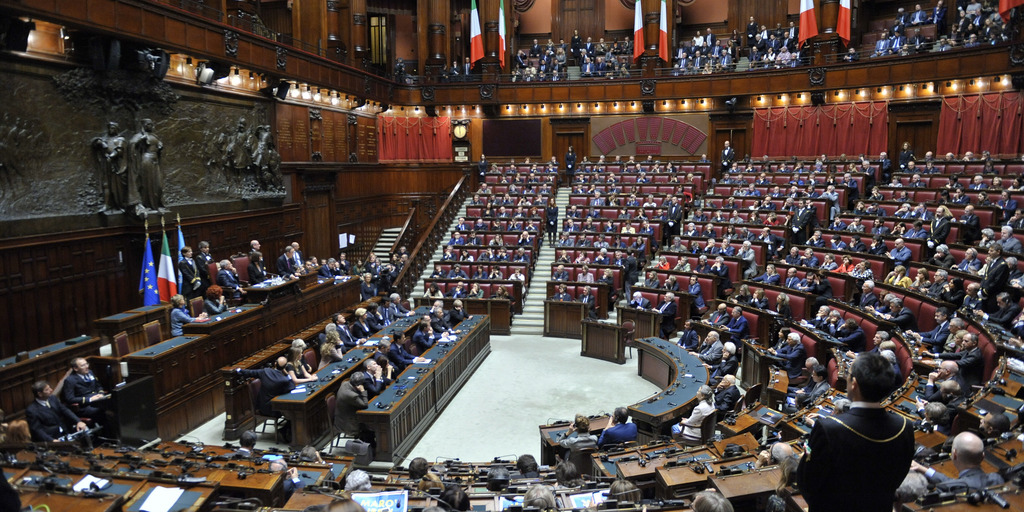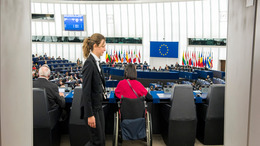The Bertelsmann Stiftung’s 2017 Sustainable Governance Indicators on Italy clearly indicate that its most crucial policy challenges involve consolidating economic recovery, shrinking the country’s huge public debt through sound fiscal policies, and improving labour market conditions. Here the goal is to reduce the high level of youth unemployment, the gender gap, and the excessive disparity between stable, well protected contracts and precarious ones. We should add on the problem of uncontrolled flows of immigrants via the Mediterranean.
Directly or indirectly, all these challenges have a European dimension as their solution is significantly affected by the policies and rules adopted by the European Union.
In most of these areas, the Democratic Party-based cabinets of Matteo Renzi and Paolo Gentiloni have made some progress in walking the fine line between respecting EU budgetary rules and efforts to maximise resources encouraging economic recovery and fight unemployment. 2016 and 2017 saw significant movement with regard to GDP growth and employment.
Yet progress is still slow and the improvement of youth and women’s access to the labour market lags behind what would be required to bring Italy closer to the EU average. On immigration, the failure of the European policy of redistributing migrants has pushed the Italian government to pursue a more active national policy of cooperation with Libya and other African states to control the phenomenon at the source. But this is still far from satisfactory.


![[Translate to English:] Bundeskanzlerin Angela Merkel, US-Präsident Donald Trump und Großbritanniens Premierministerin Theresa May diskutieren während des G-20-Gipfels 2017 in Hamburg.](/fileadmin/files/_processed_/a/5/csm_19213419535390087270_716a2f308e_o_07613ea0e5.jpg)




